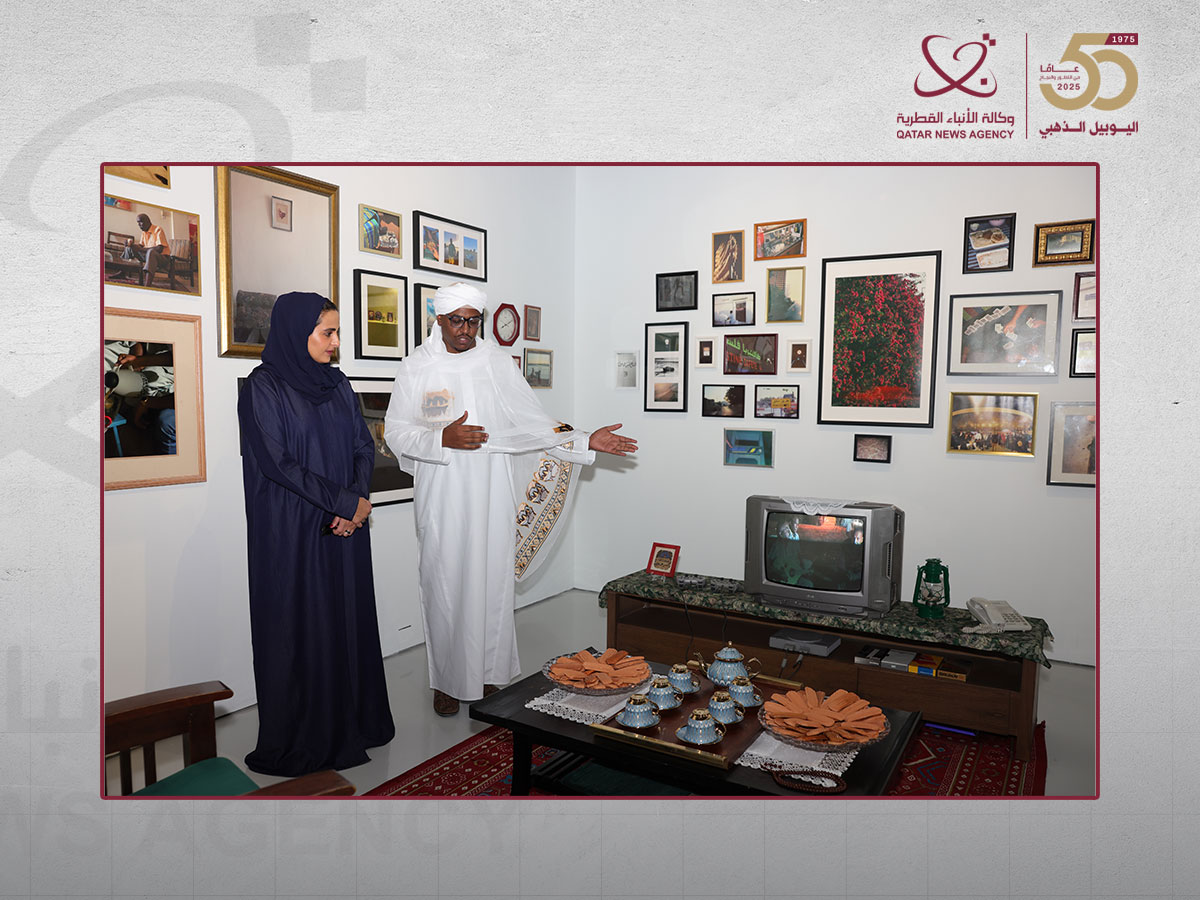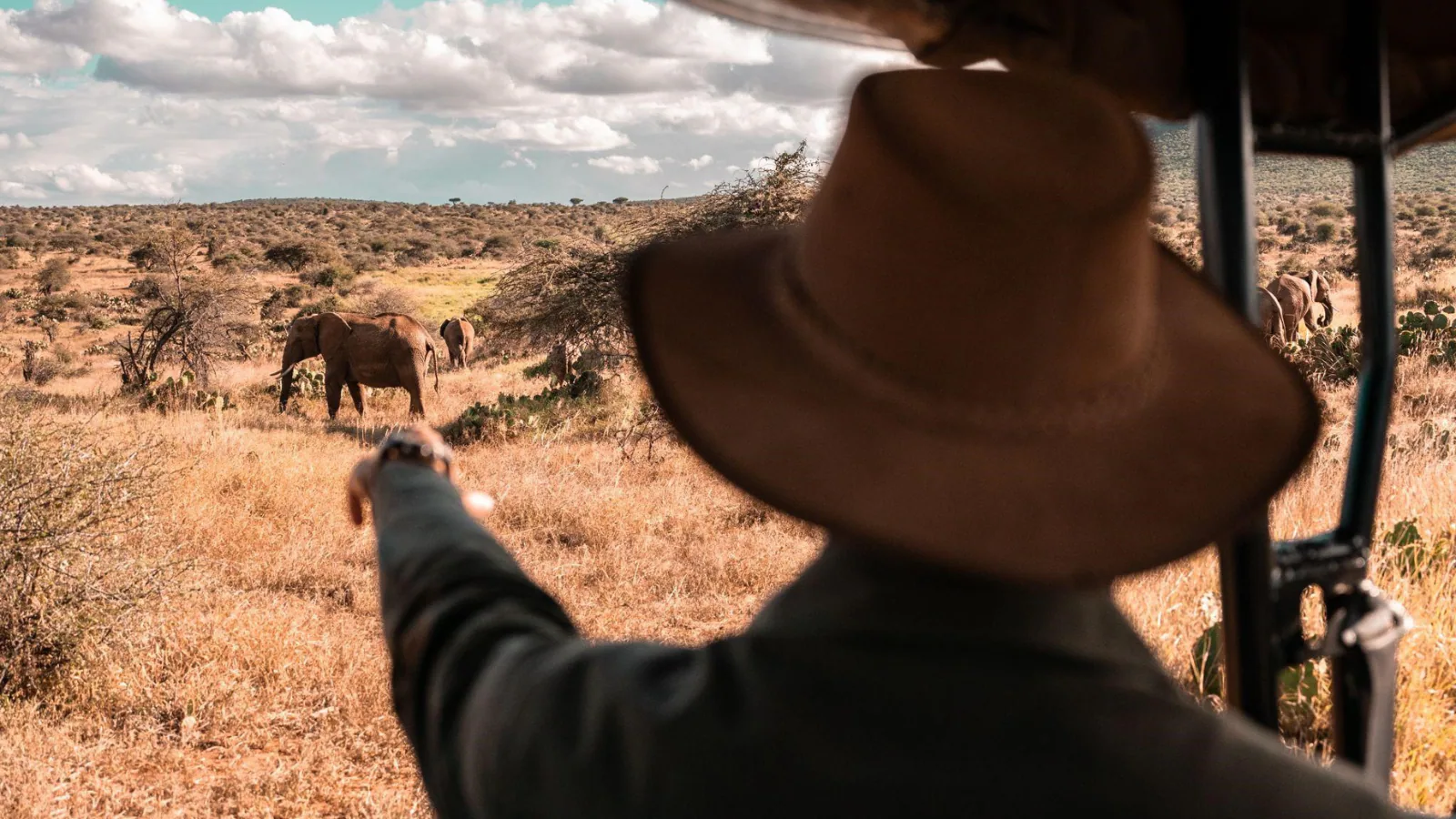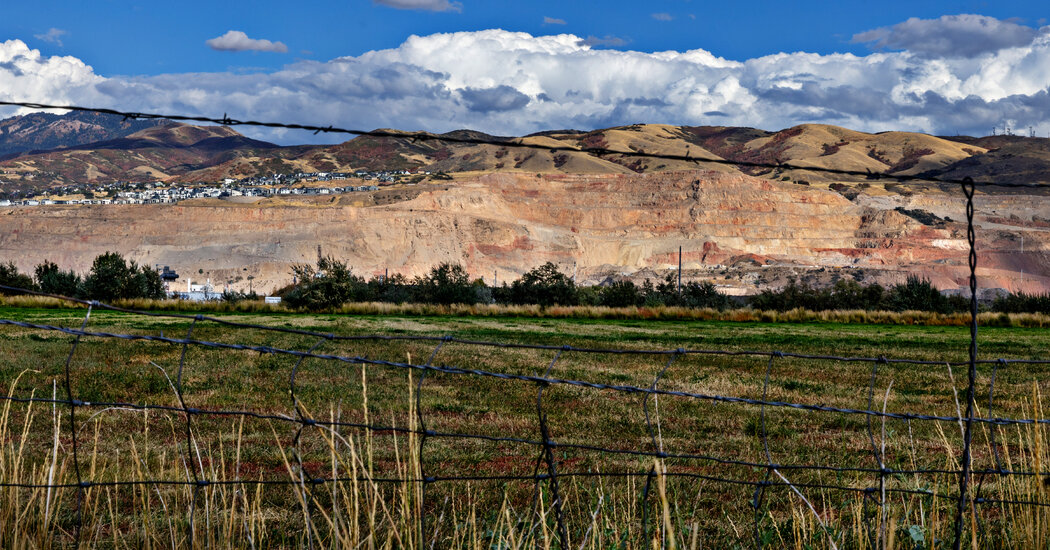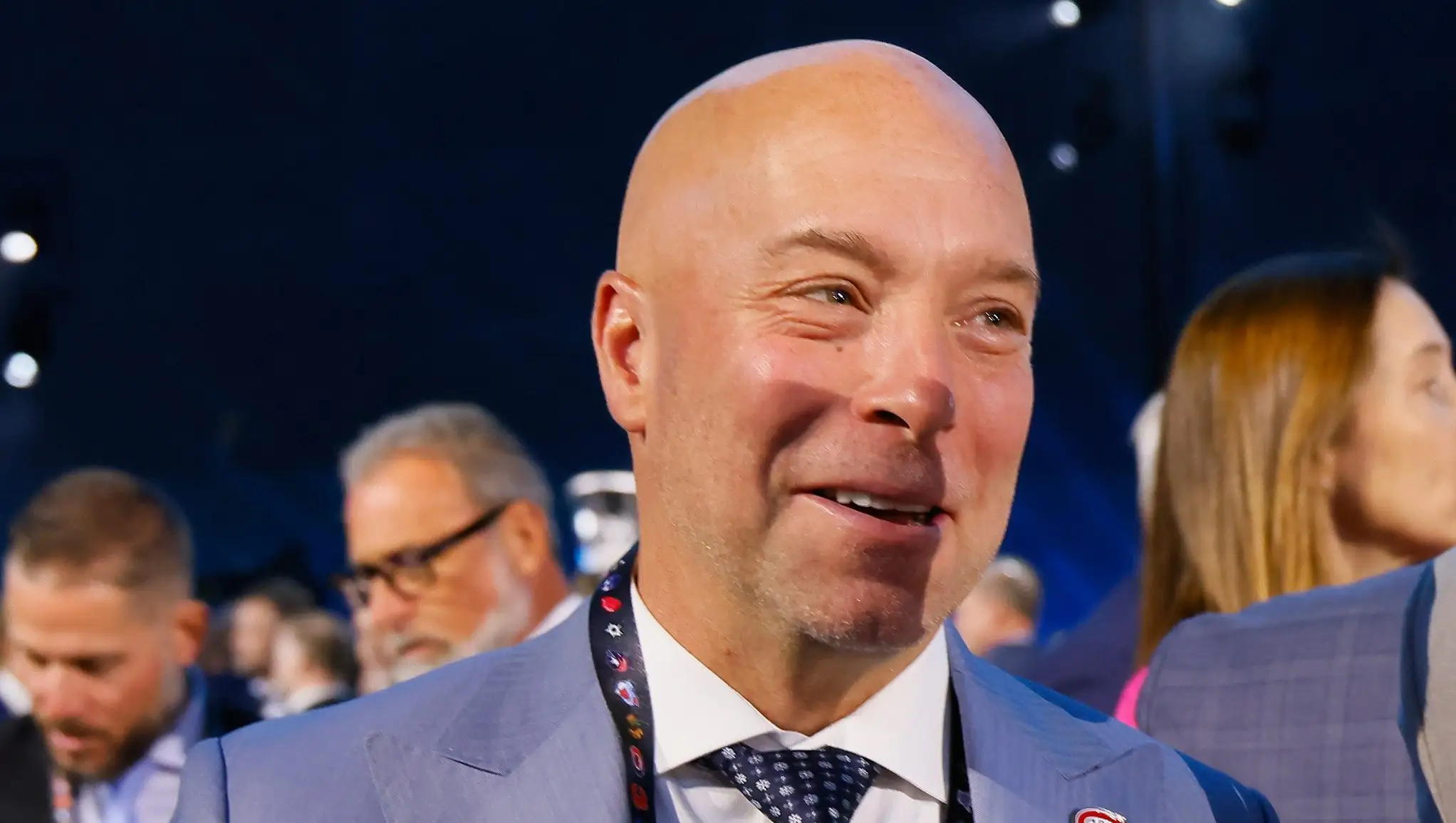Copyright Salt Lake Tribune
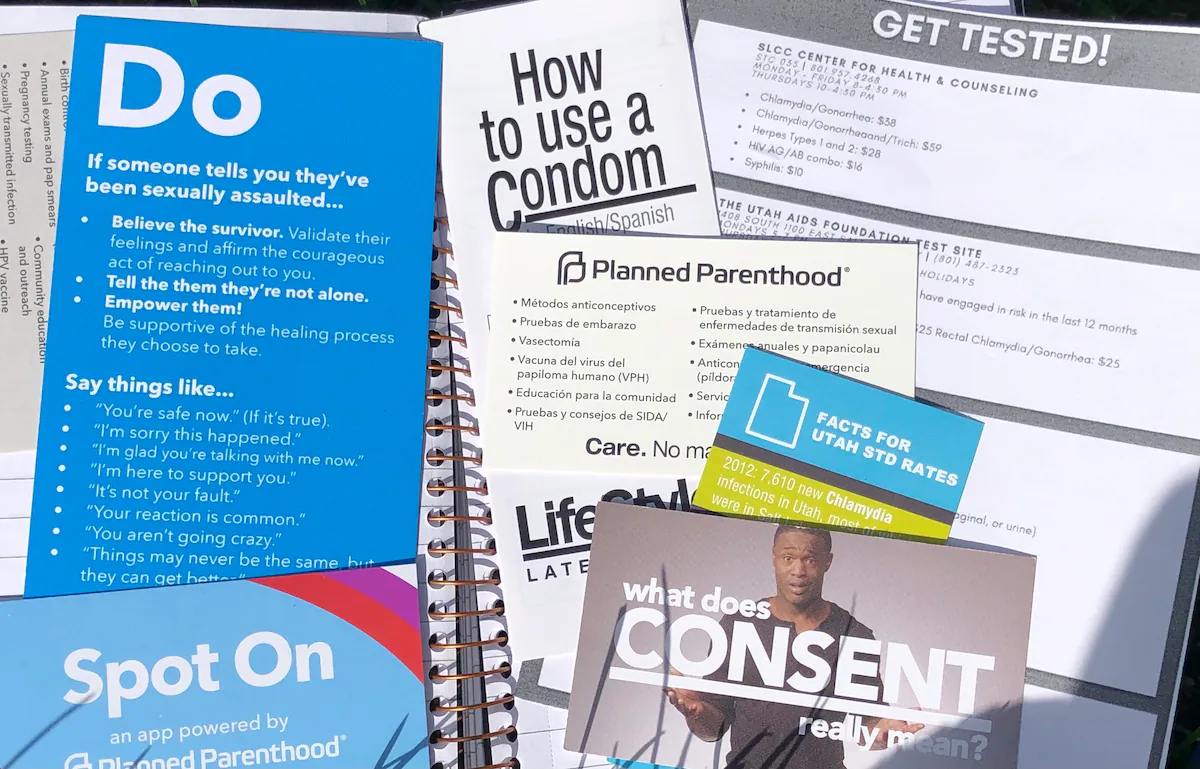
“This isn’t who we are” seems a common refrain when it comes to recent acts of violence around the nation and even in Utah. Perhaps the feeling behind this sentiment is virtuous, a kind of hope for the best in us. But is this sentiment helpful? Does it turn us toward our better angels or merely help us ignore what we don’t want to see? Utah has one of the highest sexual assault rates in the nation. Is this one of our cultural weaknesses we are tempted to disidentify with rather than address? A recent sexual abuse case involving a BYU baseball player is poignant because it began when the perpetrator was a minor but continued for years and into his young adulthood. Is there something about this case that holds communal weight? Does this say something about who we are in the community? What can be done to change our culture of sexual violence? In our current state sex education programs, “refusal skills” are included but an understanding of “consent” has not been included in the curriculum. The implications of the 7-year-old victim in this case being expected to employ “refusal skills” rather than teaching the 14-year-old perpetrator to recognize the difference between consent and nonconsent are staggering. May we find a new refrain — “this is not who we want to be” — and may we take the very accessible action of employing comprehensive sexual education in our schools. This would help to protect both potential victims and potential perpetrators. Amanda Lynn Blair, Salt Lake City
